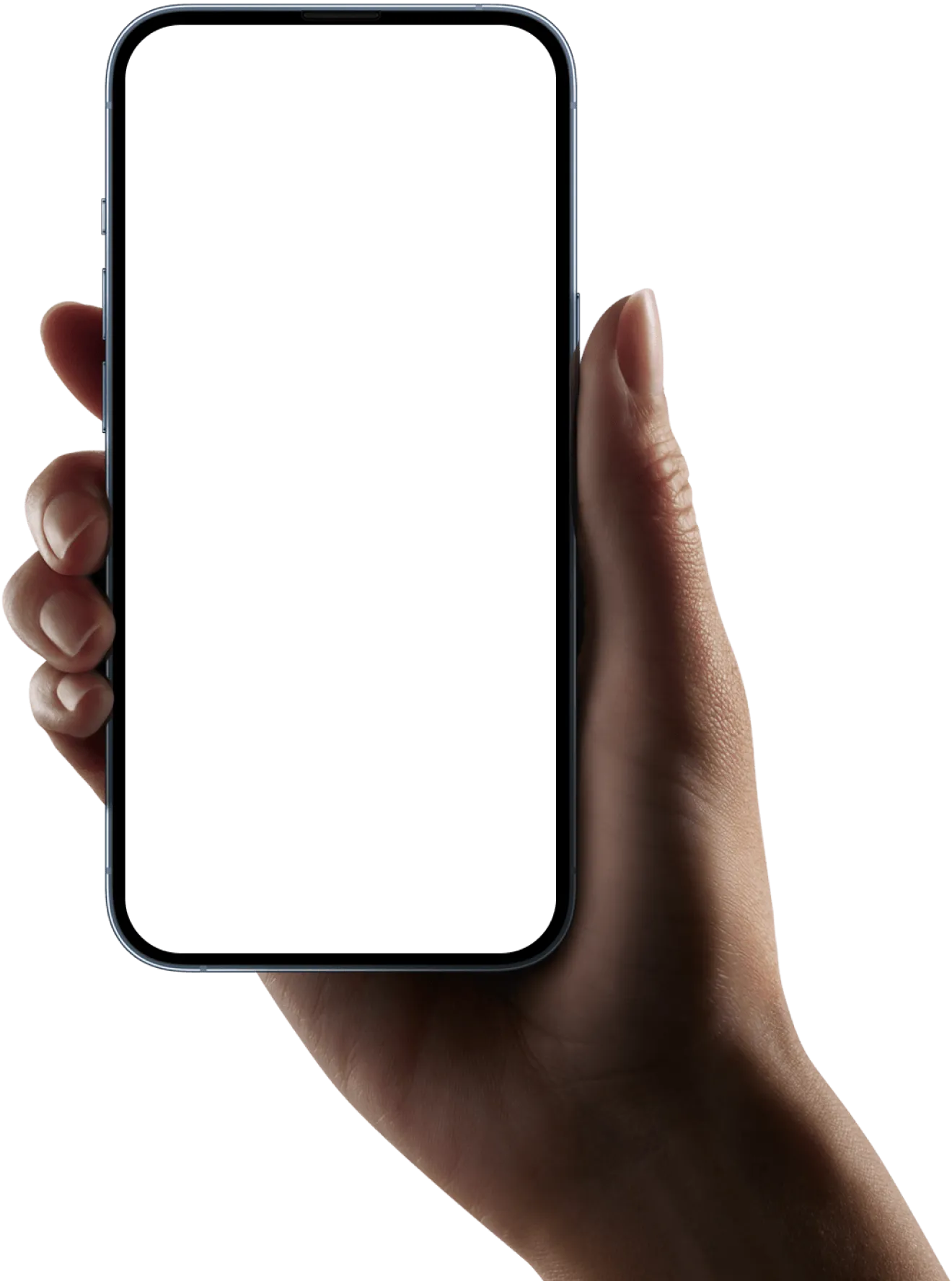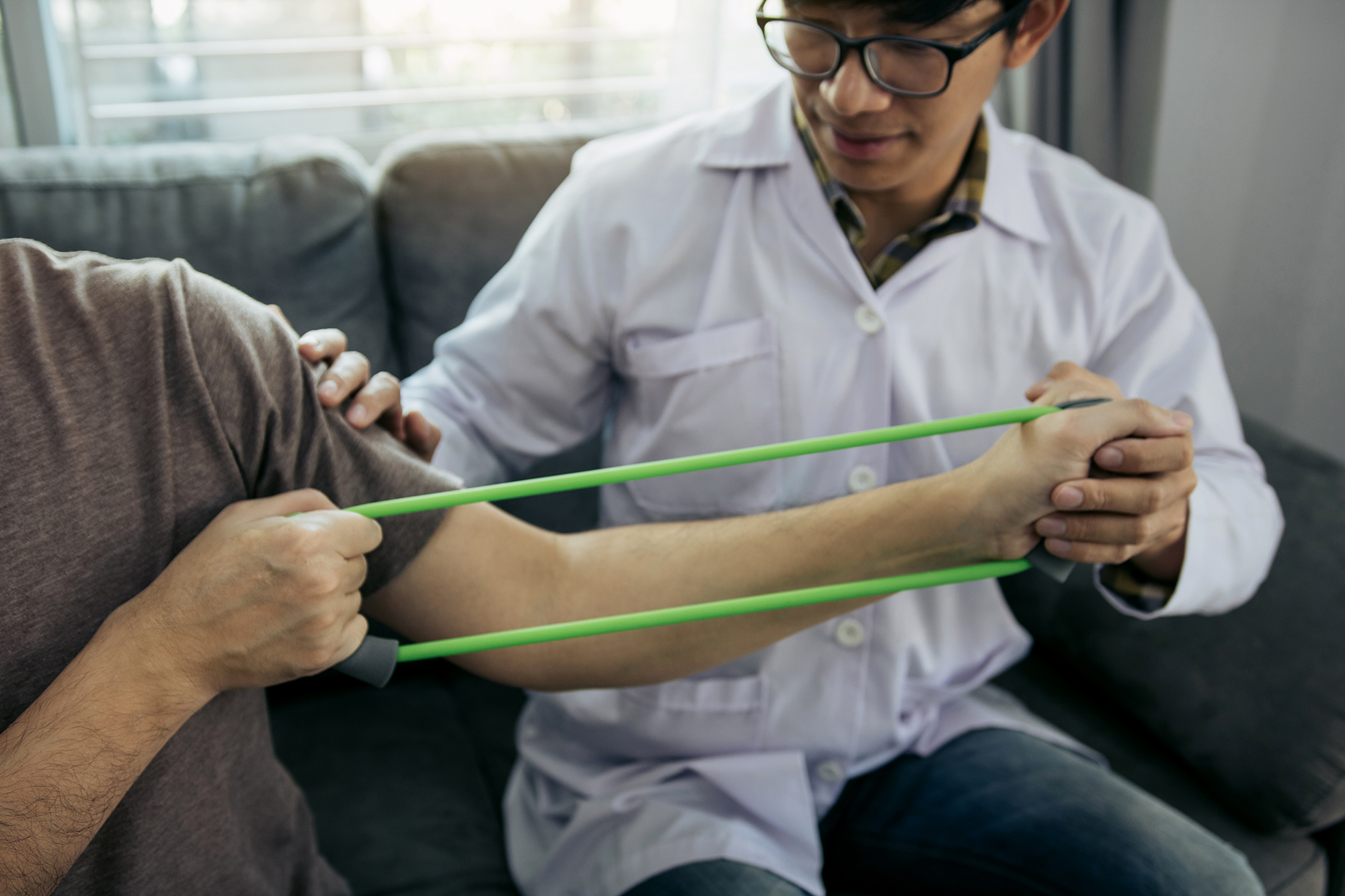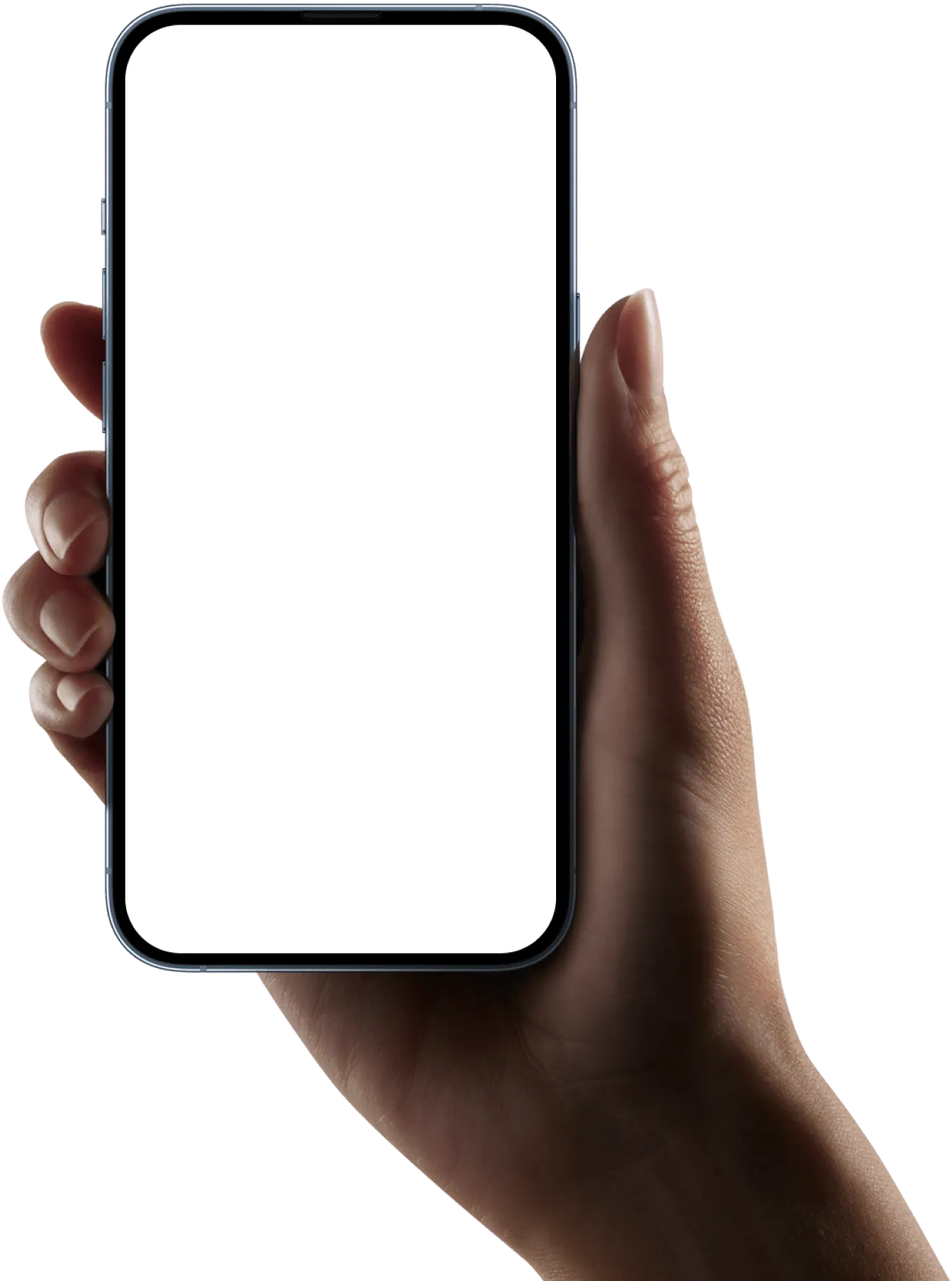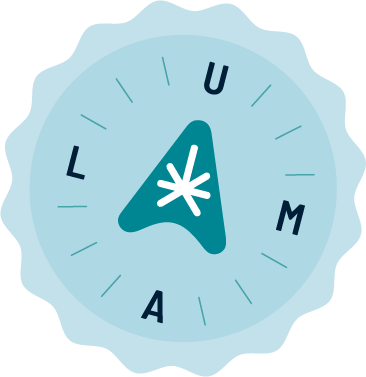

A neurological diagnosis or injury can change everything. Whether from a stroke, traumatic brain injury (TBI), spinal cord injury, Parkinson’s, or multiple sclerosis, the path forward isn’t always straightforward. That’s where neurorehabilitation comes in—a team-based approach to help you regain function, mobility, communication, and confidence.
LumaLink connects individuals and families with trusted neurorehab centers, therapists, and in-home services designed to support recovery from nervous system injuries. Call or text Luma to explore options near you.
Neurorehabilitation is a specialized form of therapy designed for individuals with injuries or conditions that affect the brain, spinal cord, or nerves. It includes:
Care can be provided through inpatient stays, outpatient therapy, neuro day programs, or home health services—depending on your specific needs.
Every recovery journey is different. That’s why most neurorehab programs are personalized and collaborative, with physical, speech, and occupational therapists working together.
Finding the right rehab setting and specialists doesn’t have to be overwhelming. Luma can help you:
If you or a loved one is facing life after a neurological diagnosis, you’re not alone. There is hope—and help.
Disclaimer: LumaLink is not a medical provider and does not diagnose, prescribe, or treat medical conditions. Always consult a licensed medical professional for therapy plans and neurorehabilitation services.
Discover Effortless Conversations

Luma is a voice- based assistant, not a live person. Call or message her and say what you need, just like talking to a friend.
Behind the scenes, our team of professionals has already vetted every provider for trust, licensing, and quality.
Luma will provide recommendations based on your needs, offering clear next steps and local contacts so you can take action right away.

Whether you're on the go or need a second to breathe, reach out your way. We're here 24/7.